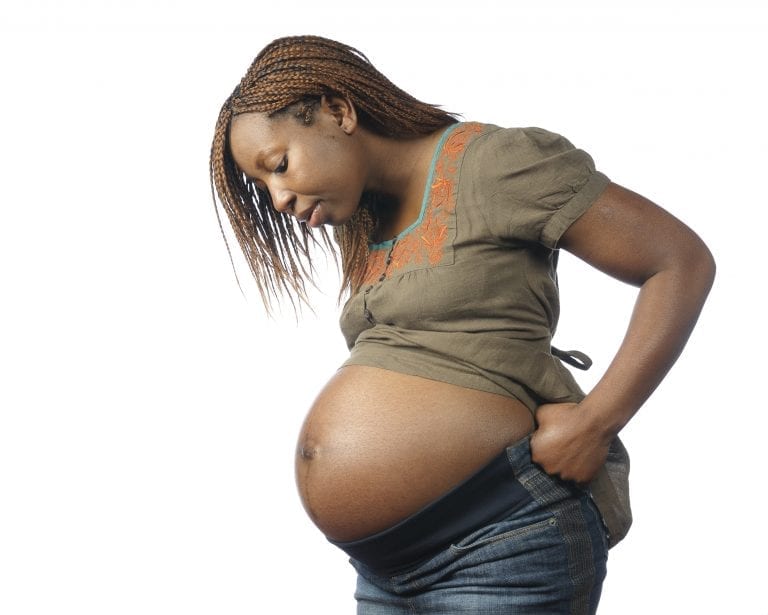Can pregnancy be a window into your future health?
‘Yes,’ say experts at the Society for Maternal-Fetal Medicine (SMFM), who are asking for healthcare providers to more closely screen women with pregnancy complications for potential heart problems.
Whether you develop complications in pregnancy, such as high blood pressure or gestational diabetes, could be the first sign that you may have undiagnosed risks for cardiovascular disease—or are prone to develop it as you age.
For example, experts at SMFM observed that women who experience preeclampsia (a condition signaled by high blood pressure and other signs that can develop from week 20 on in pregnancy) have up to four times the risk of high blood pressure later in life. They’re also twice as likely to have heart disease or experience stroke.
Pregnancy as a stressor
“Pregnancy is essentially a cardiovascular stress test,” explains Graeme Smith, MD, PhD, FRCSC, professor of obstetrics and gynecology and biomedical and molecular Sciences at Kingston General Hospital, Queen’s University and co-author of the report. Smith called the following pregnancy complications “perhaps the earliest clinically identifiable markers for future heart disease and death from heart disease”:
- Preeclampsia
- Gestational diabetes
- High blood sugar in pregnancy
- Placental abruption
- Preterm birth
- Infant with restricted uterine growth
Even whether you gain too much weight in pregnancy is a marker for risk as it increases your risks for obesity up to 10 years later, especially if you don’t lose the pregnancy weight gained within 6 months, he said.
Reducing Heart Disease Risks
But there are steps you can take to manage your risks. Breastfeeding cuts the obesity risk four-fold, the experts found. Plus moms and babies gain the other health benefits of breastfeeding: reduced risks for obesity, high blood pressure, high cholesterol, heart disease and diabetes.
Experts also recommend that if you develop gestational diabetes in pregnancy, you will need to continue to monitor your blood sugar regularly so that you don’t subsequently develop type 2 diabetes.
Problems like heart disease often take decades to develop and are rare among women in their 20s and 30s. Yet how your body copes with the cardiovascular stresses of pregnancy can be a clue as to what risks you may face as you age, giving you an opportunity to work to reduce those risks before they can ever become real health problems.






Comments are closed.